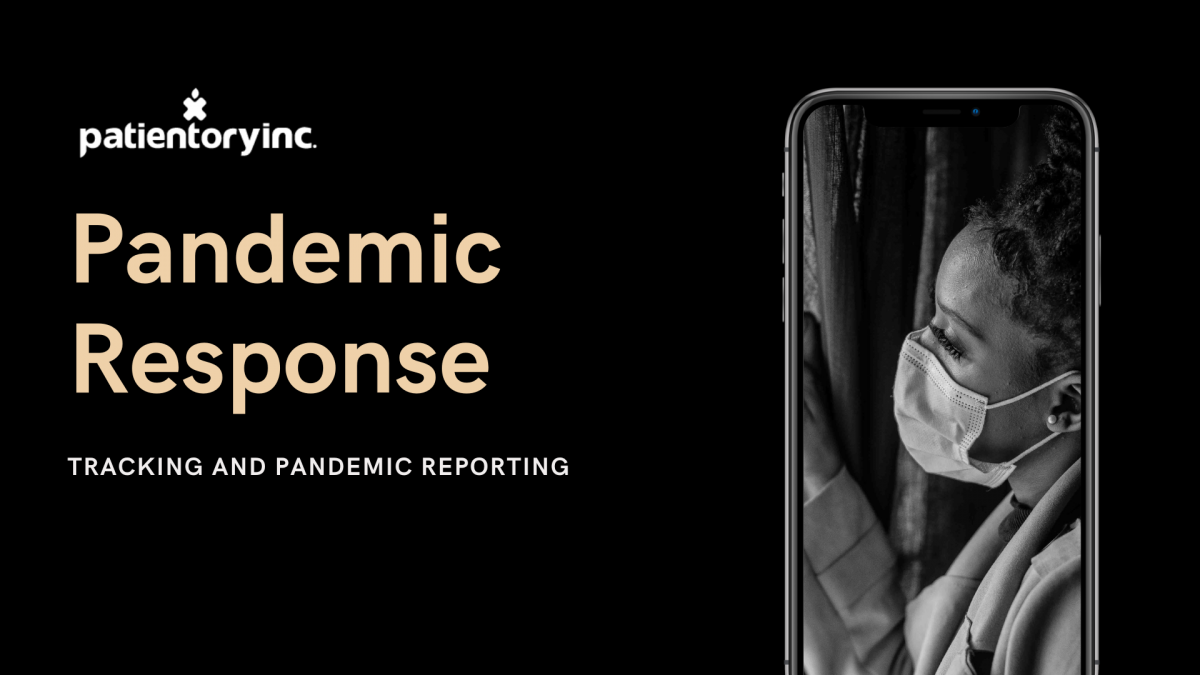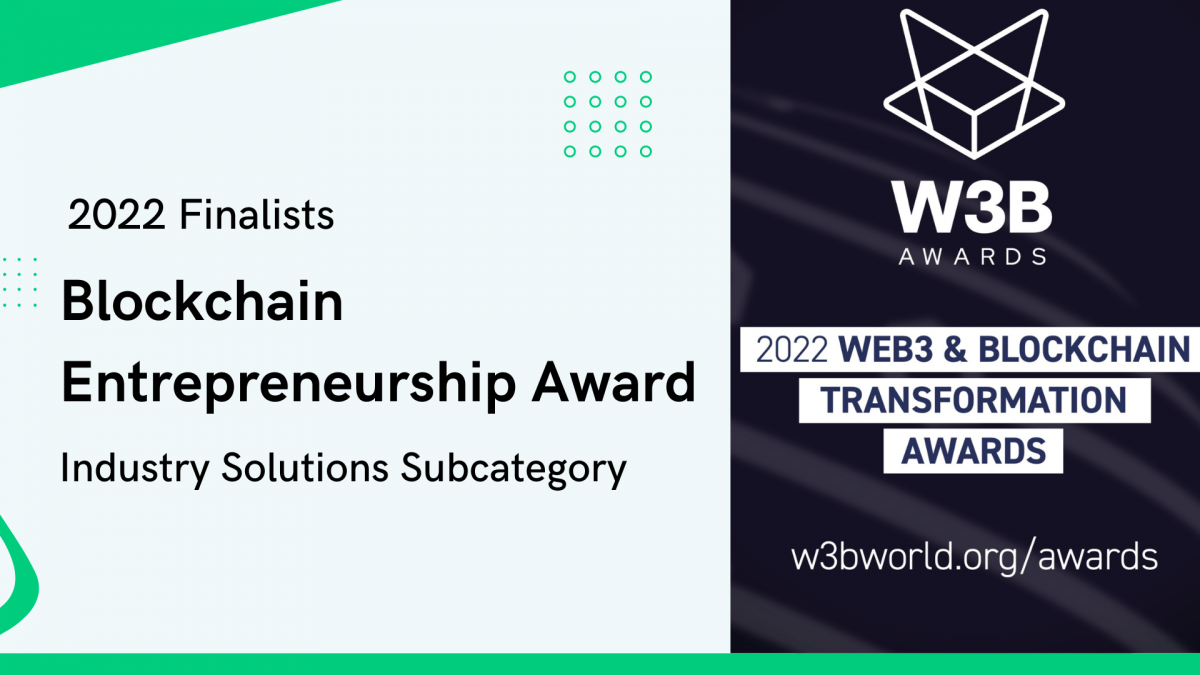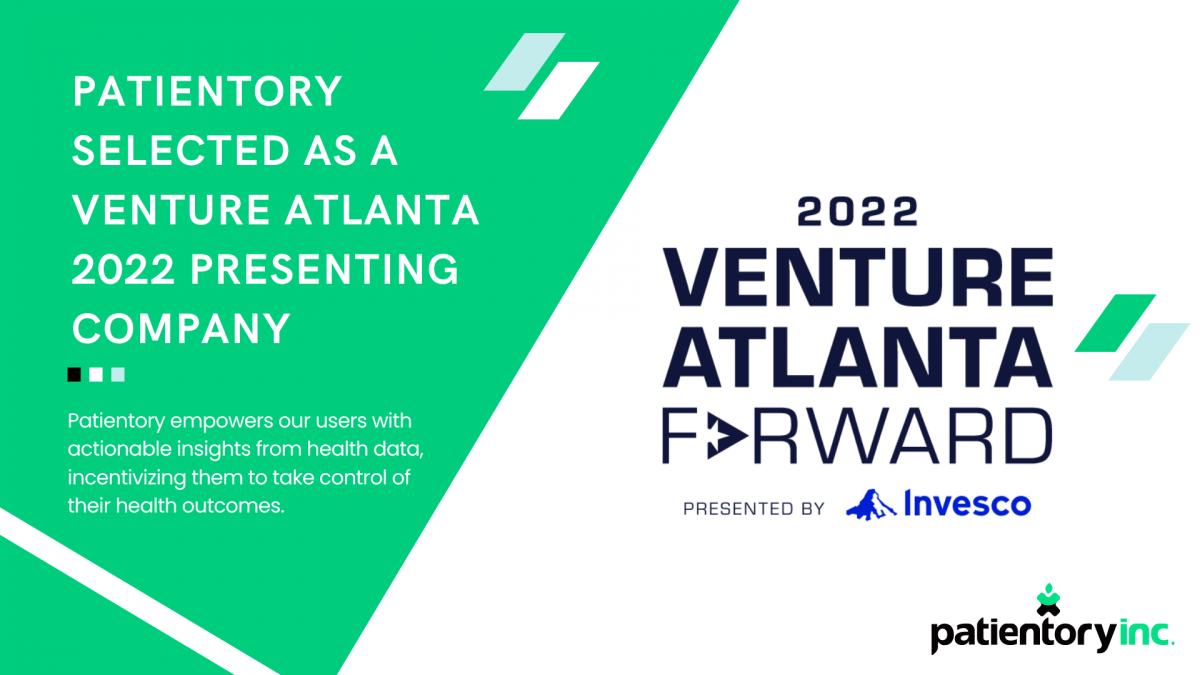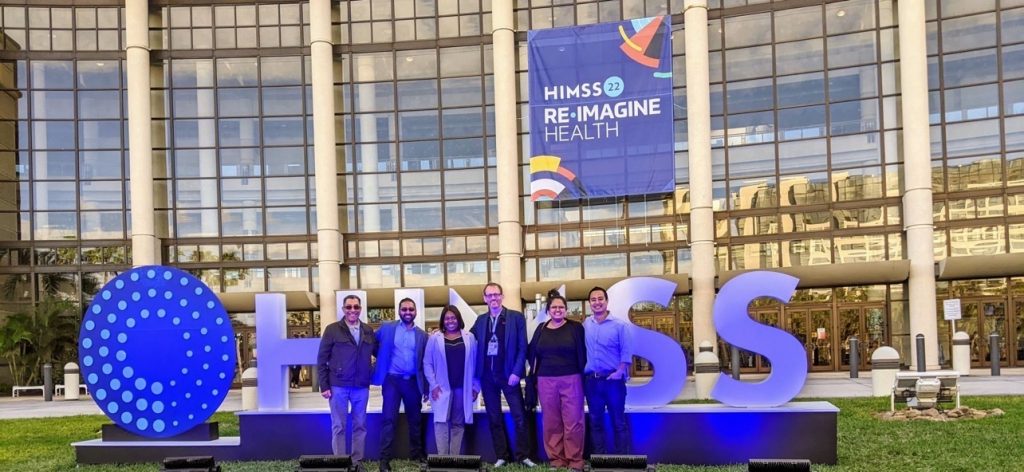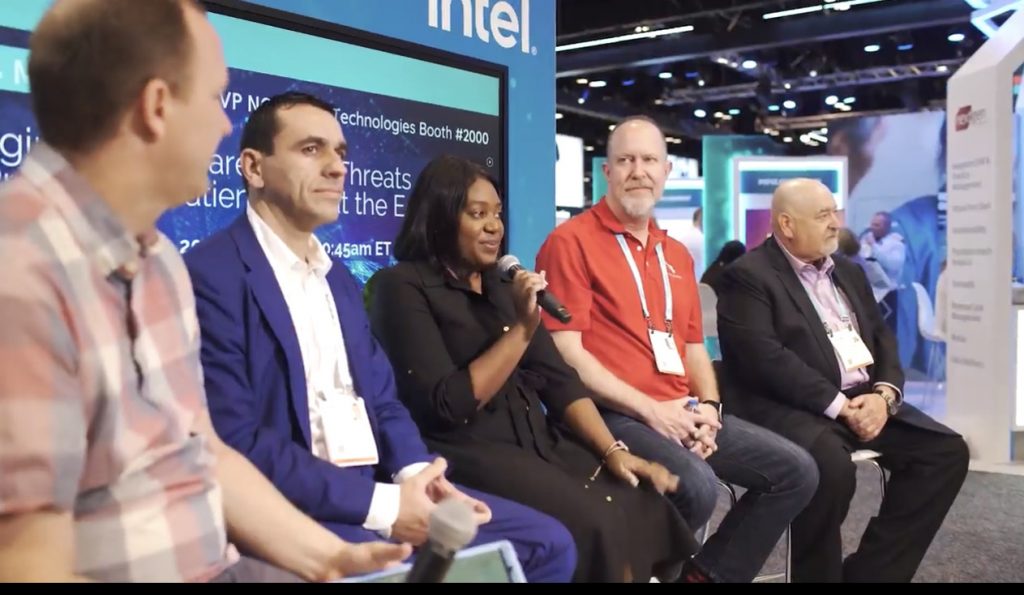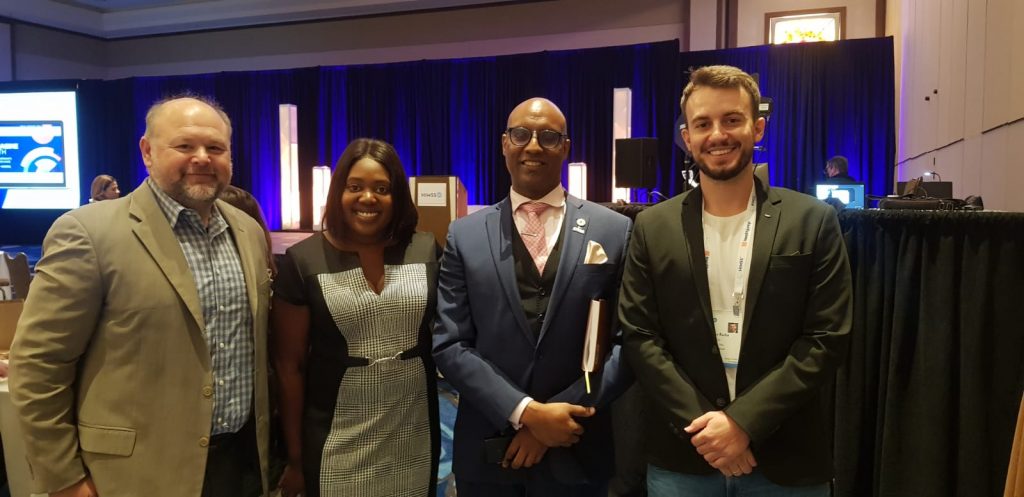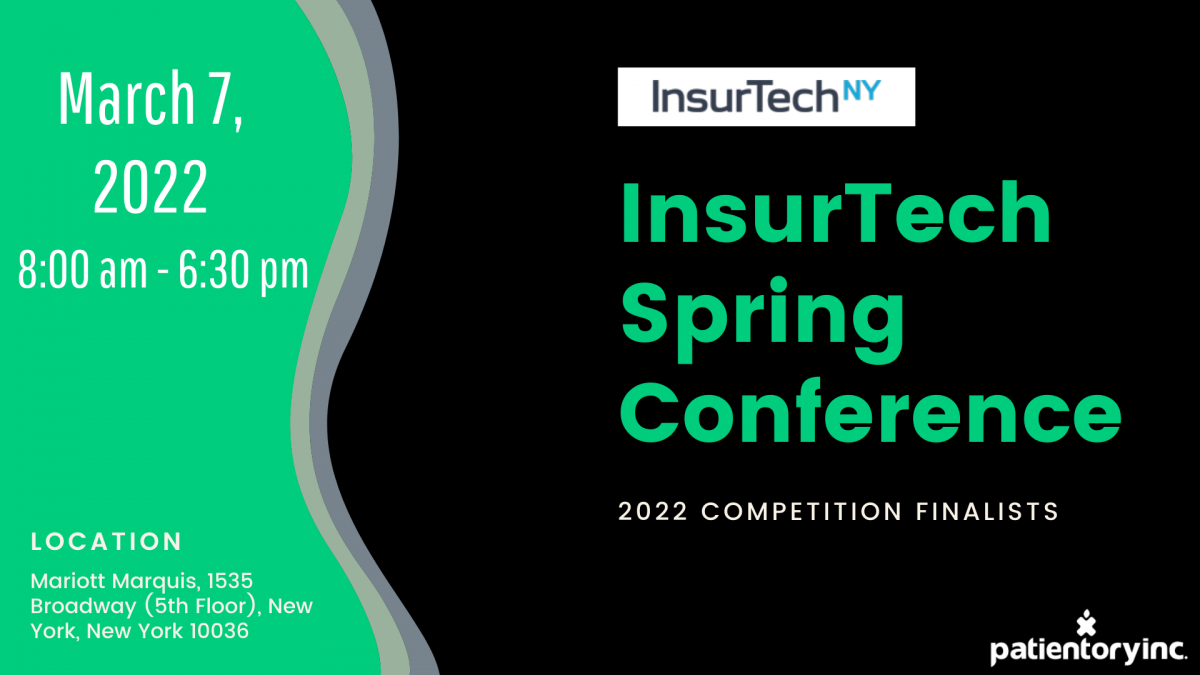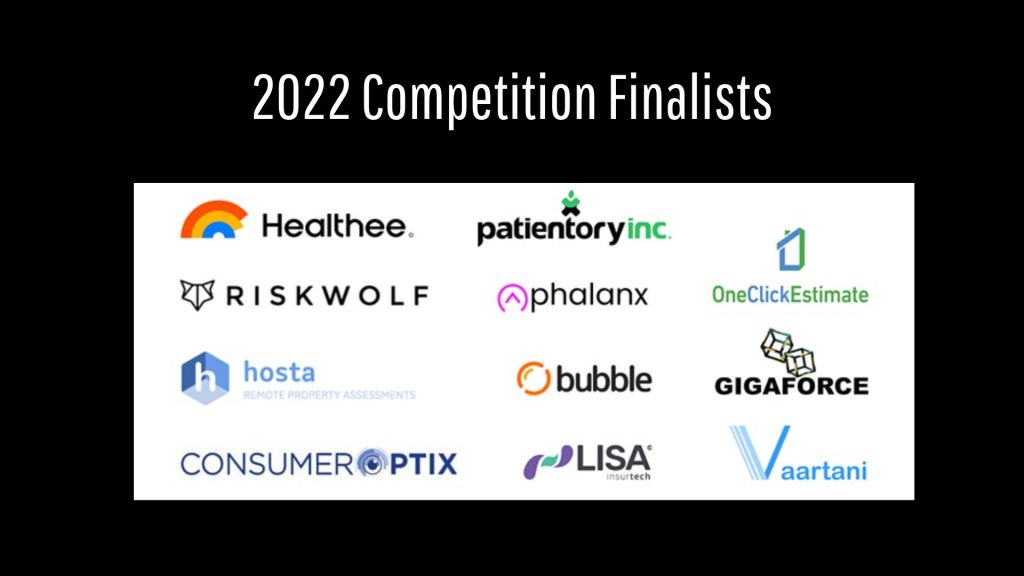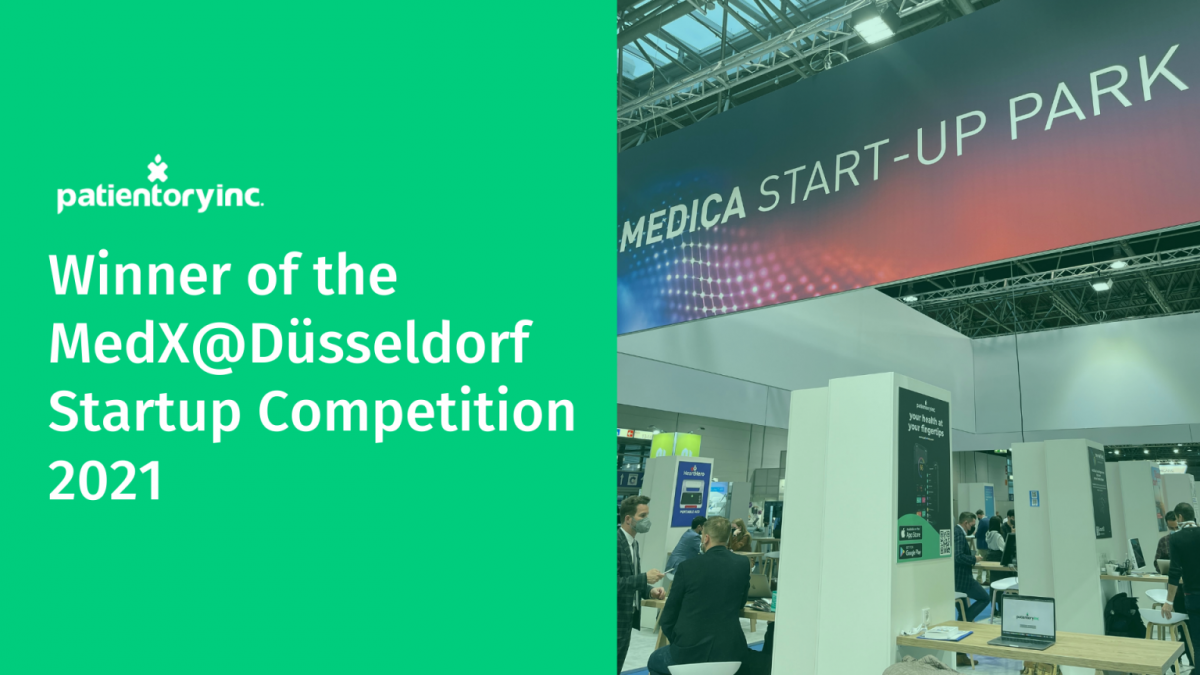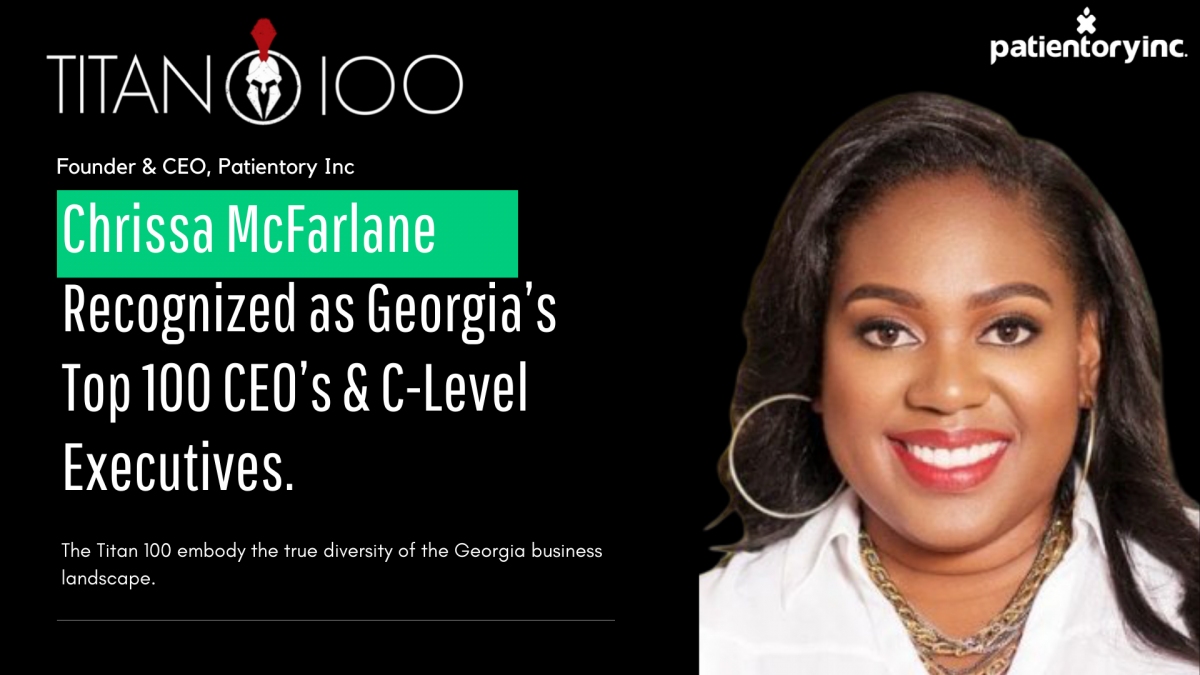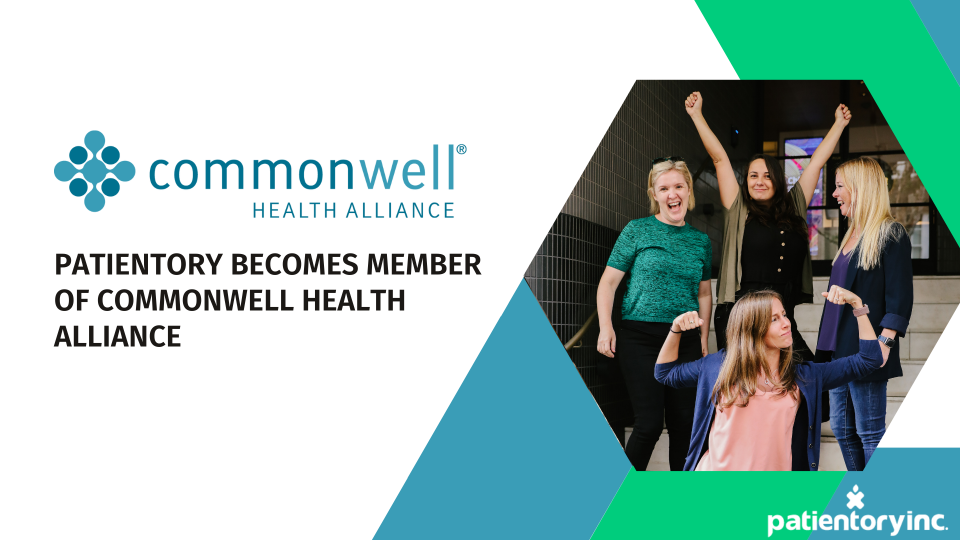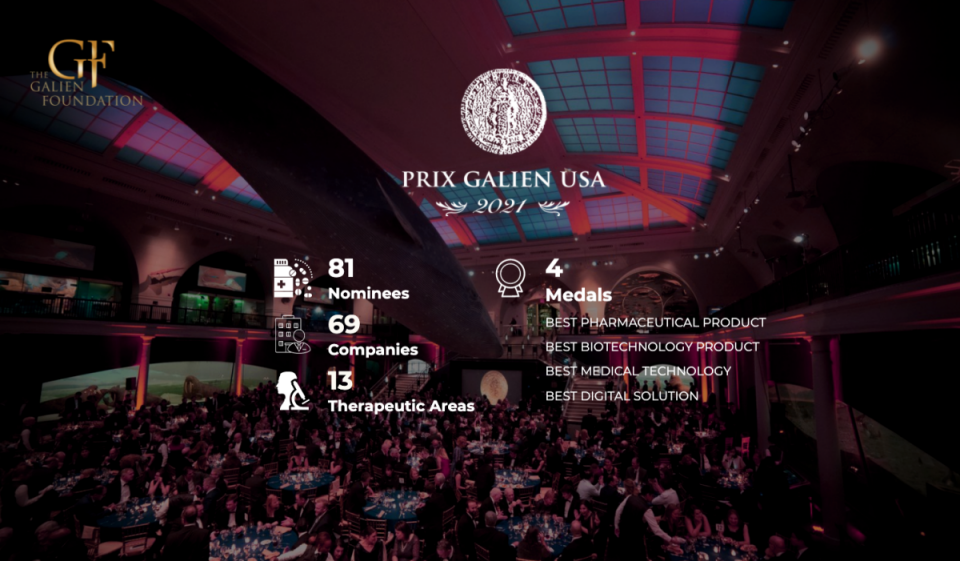Georgia and Boston, Mass., Nov 8, 2021 – Today, Patientory announced it is joining CommonWell Health Alliance® to supports its efforts to continue breaking down barriers to health data exchange. CommonWell, a not-for-profit trade association made up of diverse health IT stakeholders, is dedicated to creating universal access to health data via a person-centered, nationwide network.
To achieve this, CommonWell and its members are innovating together to produce and deploy patient-centric interoperability services across an increasing number of disparate health IT systems and venues of care. The core services—which include patient identification and linking, record location, and data query and retrieval—aim to solve the challenges associated with patient matching at scale.
CommonWell and its members are actively deploying these services, which are now live at more than 22,000 provider sites nationwide, ranging from large acute hospitals to rural specialty practices and home health agencies. Together with its members, CommonWell is continually working to enhance and extend its services to new users and care settings.
“Our members bring a plethora of unique offerings that contribute to enhancements across the health care ecosystem,” said Paul Wilder, executive director for CommonWell Health Alliance. “Just as importantly, the diverse experience of members such as Patientory, help CommonWell adapt and grow in our constantly evolving health care industry.”
Patientory empowers end users globally with actionable insights to their health and medical data, all powered by blockchain technology through their secure decentralized blockchain network. By providing a solution to both patients and providers, Patientory democratizes individual ownership of the world’s health data and incentives to improve health outcomes.
As part of its future CommonWell Service offerings, Patientory is focused on Patient Access data exchange.
“Our membership with CommonWell symbolizes our ongoing commitment to improving interoperability and in turn, providing patients with ownership of their health data and improving the health care experience for everyone from clinical trials research organizations, employers clinicians and the individuals they serve,” said Chrissa McFarlane, Founder & CEO of Patientory.
Patientory joins the Alliance with the intention to make CommonWell services available to its clients as a CommonWell Connector™. To date, 80 organizations are members of CommonWell.
About Patientory
Patientory democratizes individual ownership of the world’s health data and incentives to improve health outcomes through actionable insights via a blockchain enabled health data ecosystem.
For more information on Patientory, visit patientory.com.
About CommonWell Health Alliance
CommonWell Health Alliance is a not-for-profit trade association made up of diverse health IT stakeholders dedicated to creating universal access to health data via a person-centered, nationwide network. CommonWell members represent more than 20 care settings, including market leaders and technology innovators in acute, ambulatory and post-acute care, patient portals, imaging, retail pharmacy, population health, emergency services and more. CommonWell and its members are committed to the belief that access to health data must be built into information technologies at a reasonable cost for use by a broad range of health care providers and by individuals to best manage their health.
To learn more about CommonWell Health Alliance, visit www.commonwellalliance.org. Engage with CommonWell on our Blog, as well as through Facebook, LinkedIn and Twitter using the handle, @CommonWell. CommonWell Health Alliance® and the CommonWell Logo are registered trademarks of CommonWell Health Alliance Inc.
Press Contact:
Patientory Inc
Chrissa McFarlane
chrissa@patientory.com
Press Contact:
CommonWell Health Alliance
Berit Mansour
Manberg Strategies
Phone: (402) 968-8554
Email: berit@commonwellalliance.org
